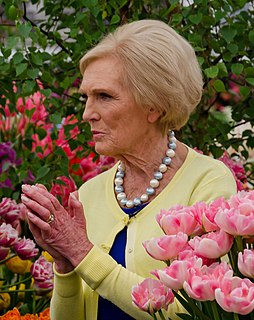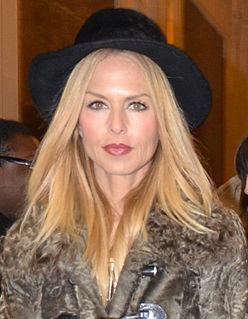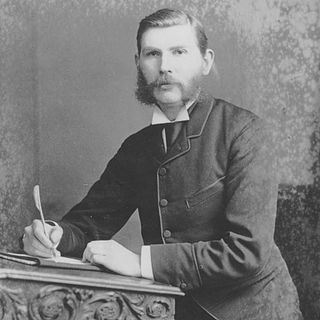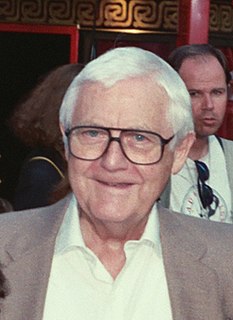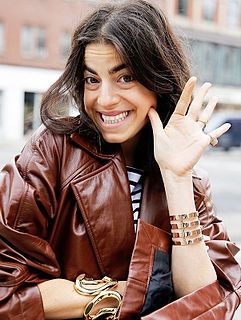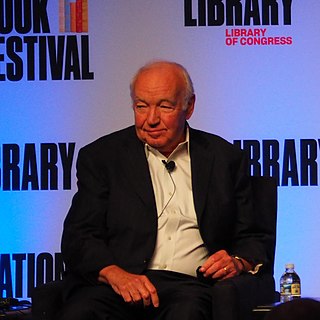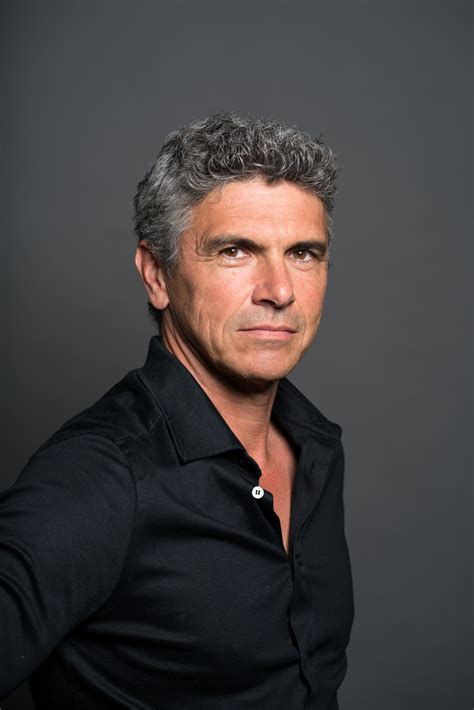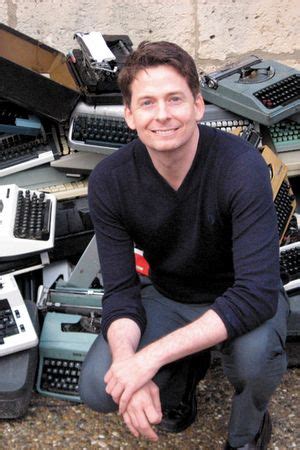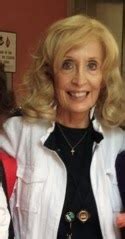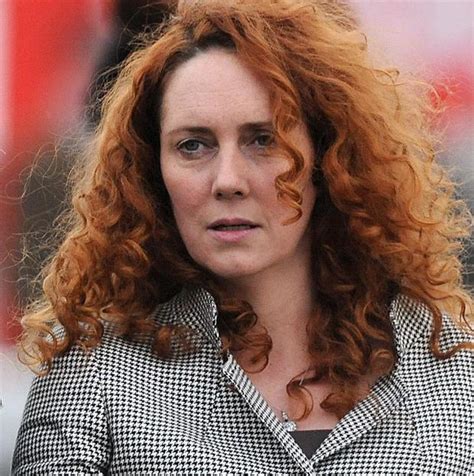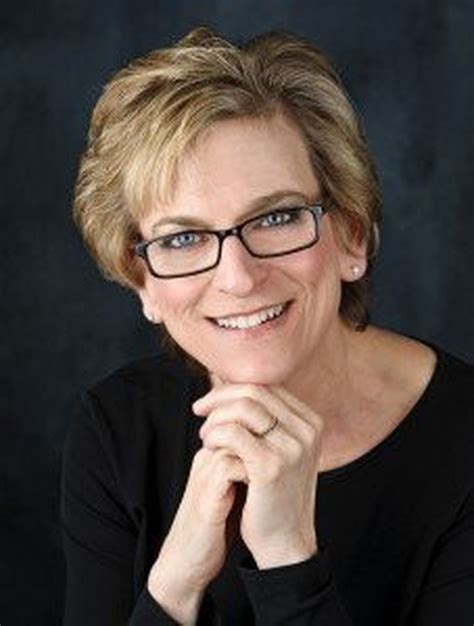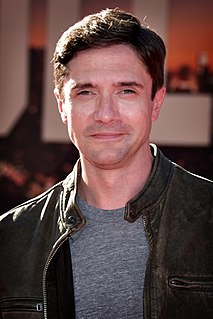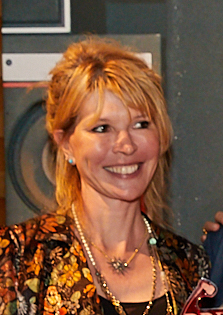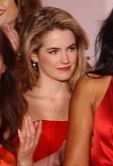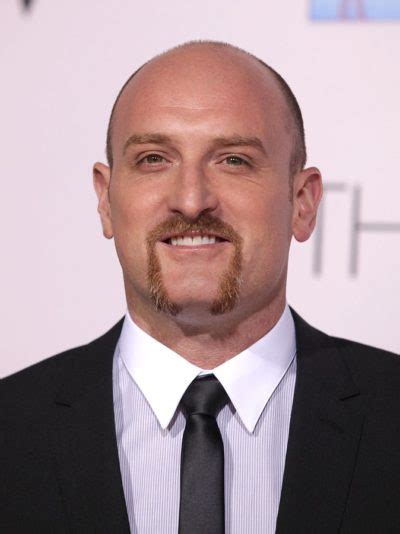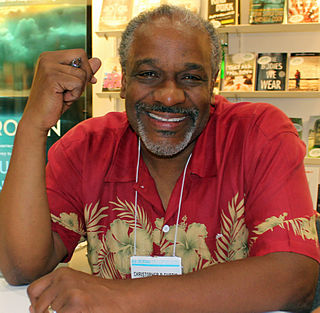Top 976 Editor Quotes & Sayings
Explore popular Editor quotes.
Last updated on April 14, 2025.
I always thought the editor should cut the film and so I'll come in and look at the movie. Just because that's the only way I can really see the ideas of the editor, it's really working together. Yes it's a hierarchy, yes I'm the boss, but I like to see and to think about the idea, and it's about us asking, 'do we have to say that?' and, 'how do we make it there?' So it's advising the editor, it's very give and take, it's very free, but in the end, it's wonderful once you get through the first couple of cuts.
Newspapers have been likened to steamships that move very slowly, in terms of their direction. And when a reporter is sent out on a story, if that reporter has his or her own personal standards and is given a certain amount of time, they're going to probably do as good a story yesterday or tomorrow as they did the day before yesterday when there was a different editor there. But an editor provides vision. An editor decides what's going to be on page one, what gets rewarded, who's given more time, who's given what beats. They set a direction.
I worked as an assistant editor, actually, for a few years. That was right when I was just starting to get out at night and do a lot of stand-up, improv, and sketch work in New York. It really is invaluable. I think it pounded into me an awareness of what an editor wants and needs, in terms of clarity of a moment, where and when to start and stop a line.
Before I wrote my first novel, 'The Expats,' I spent nearly two decades at various arms of publishing houses such as Random House, Workman, and HarperCollins, mostly as an acquisitions editor. But a more accurate title for that job might be rejection editor: while I acquired maybe a dozen projects per year, I'd reject hundreds upon hundreds.
That is an editor. He is trying to think of a word. He props his feet on a chair, which is the editor's way; then he can think better. I do not care much for this one; his ears are not alike; still, editor suggests the sound of Edward, and he will do. I could make him better if I had a model, but I made this one from memory. But is no particular matter; they all look alike, anyway. They are conceited and troublesome, and don't pay enough.
You can give the greatest performance possible, but if you don't have a director who's pointing the camera in the right direction and an editor who's editing it properly, it doesn't matter what you do. The director and the editor are the most important people. Not the actors. Sometimes the writer is important. But if you don't have a good director, you can't have a good production.
My last point about getting started as a writer: do something first, good or bad, successful or not, and write it up before approaching an editor. The best introduction to an editor is your own written work, published or not. I traveled across Siberia on my own money before ever approaching an editor; I wrote my first book, Siberian Dawn, without knowing a single editor, with no idea of how to get it published. I had to risk my life on the Congo before selling my first magazine story. If the rebel spirit dwells within you, you won't wait for an invitation, you'll invade and take no hostages.
What makes a good editor is staying the hell out of the way as much as possible. ... If you're a DC or Marvel or Dark Horse or BOOM! editor who's assigning work, then if you did your job properly to begin with, then the people you've hired can be trusted to do what they do without excessive meddling. The ideal situation you're shooting for as an editor is to groom a collaborative creative team to the point where their work sails effortlessly through production and the most you have to do is fix the spelling and the commas.
I find myself acting for an editor more, because there's a quick turnaround with television, so you want to try and seem like you're as frenetic as possible, while replicating your movement so you're giving the editor more opportunity to cut within the different takes. If you're so crazy that you're sitting in one take and standing in another, the editor can only choose one take or the other. But if you can wrangle yourself into the same spot over and over, then you give them more choices for you.
I was interested in creating things that I could be proud of and so, you know, I was interested in being an editor of a magazine, things that I could be proud of, and so, you know, I was interested in being an editor of a magazine, but in order to be an editor of a magazine I had to become a publisher as well. I had to pay the bills. I had to worry about the printing and the paper manufacturing and the distribution of that magazine.
I think there's a lot of benefit in letting people vent. When I was on the Manchester Evening News, we got 500 letters a day, and part of my job as editor was to edit them. And I thought that was one of the best things in the newspaper, and it was instituted by an editor known as Big Tom, who said 'this is the voice of the people.' And he was quite right.
There are similarities between being an editor and a tailor. Tailors have a vast supply of fabrics, buttons and thread at their disposal and put it together to make a whole. That's what an editor does - looks at society at a given time and pulls together the interesting aspects into a single issue each month.
As an editor, you're constantly dealing with the best way to convey an exchange between two people. So when I'm shooting that, I'm just aware in the back of my head what an editor might want. And also, the problems editors run into when trying to edit performances - it helps me head that off at the pass a little.
One of the good things is the relationship between director and editor used to be more contentious. Studios used to leave directors alone more during the post production process and now they're clamoring to get in. So, the director and the editor end up teaming up sort of against the studio to fight what they're doing and you lose the creative tension that you used to have between an editor and a director.
It's great to create a story and then to submit it to your editor and see what her reaction is to it. It's great to have your editor tell what her suggestions and ideas for the story are. It's great to explain to your editor why her ideas and suggestions are bizarre and to ask her why is she trying to ruin my story.



